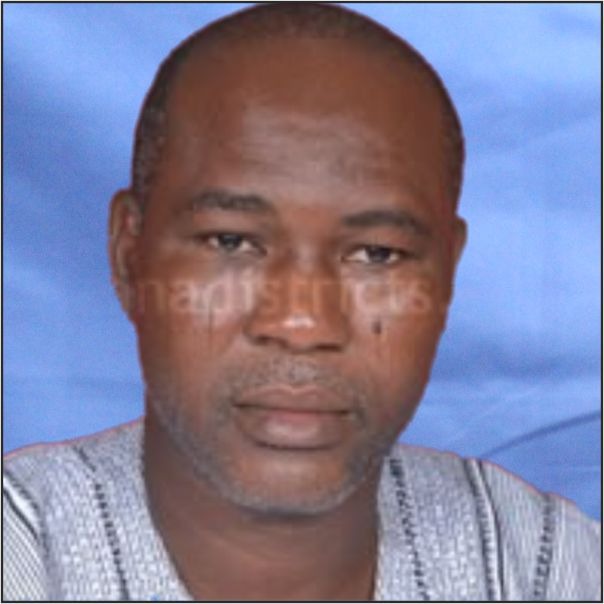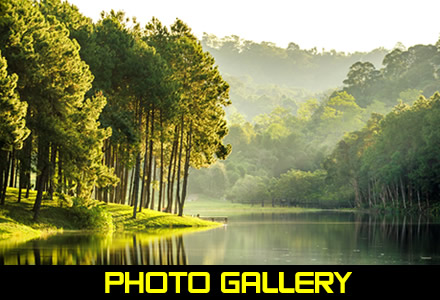Ethnicity and traditional political arrangement The Mamprusi, Kantonsi, Komma and the Builsa are the major ethnic groups in the district. There are also Fulanis in the district who are working as herdsmen for the indigenous people. The typical political traditional arrangement includes the following: the Chief, the Wudana who is the linguist in the village and leader of the elders; the Kpandana (the elders of the Community and advisors to the chief), the Tindana (in charge of the gods in the Community/ Fetish priest), the Kanbonnaba (the Chief Warrior), the Nachinaa (the Youth Leader), the Mangazia (the Women’s Leader), the Fongu Kpamma (the Sectional Heads).
There are three main traditional areas in the district. These are the Wungu Traditional Area, Soo Traditional Area and Wulugu Traditional Area. It is worth noting that some communities in the West Mamprusi District shares paramouncies with these traditional areas. All these traditional areas are answerable to the king of Mamprugu, the Nayiri. Islam is the predominant religion in the district.
The major festivals in the district are the Fire Festival and the Damba Festival. The celebration of the Damba and Fire festivals follows the Islamic calendar and it depends on which month the moon appears. The main aim for the Damba Festival is to remember the birth and naming ceremony of the Holy Prophet Mohammed. It is, therefore, a twin festival namely, “Somo Damba” which is celebrated to commemorate the birth of the Prophet and “Naa-Damba” is held to mark his naming ceremony. The appearance of the Damba month, “goori” marks the beginning of the festival.
It is important to note that the festival is a time of unity amongst all the chieftaincy gates of Mamprugu. The Fire Festival (Bugum) on the other hand, is observed by the people to mark the landing of Prophet Noah’s Ark after the flood. In recent times, the celebration of these festivals serve as a platform where local interests are publicized as the local elites have increasingly used them as political forums to project local interest while government representatives in their speeches at the festival durbars seek to bring government policy closer to the people.
Date Created : 11/21/2017 6:26:52 AM




 facebook
facebook twitter
twitter Youtube
Youtube TOLL FREE 0800 430 430
TOLL FREE 0800 430 430 +233 593 831 280
+233 593 831 280 GPS: GE-231-4383
GPS: GE-231-4383 info@ghanadistricts.com
info@ghanadistricts.com Box GP1044, Accra, Ghana
Box GP1044, Accra, Ghana